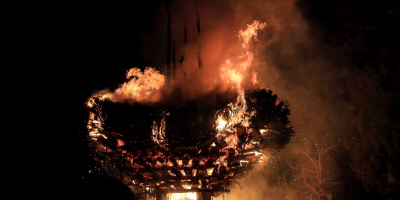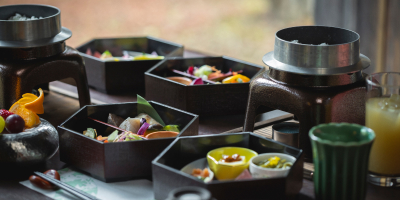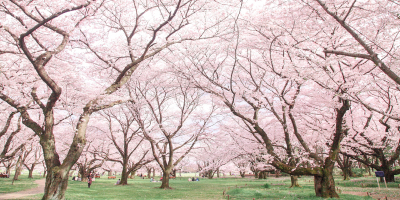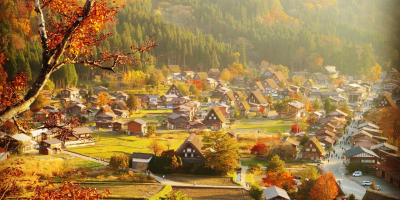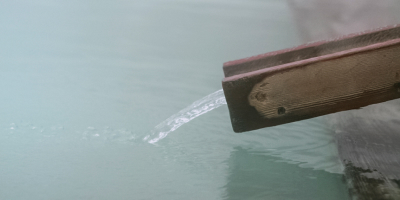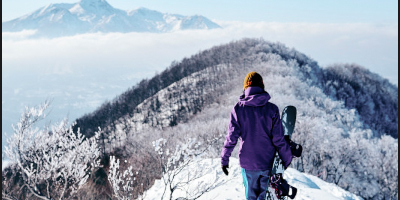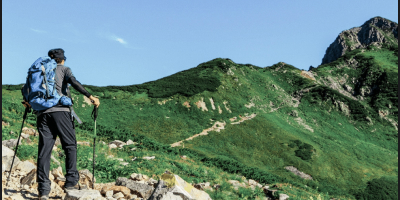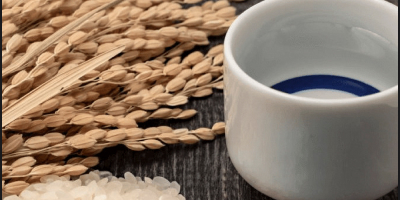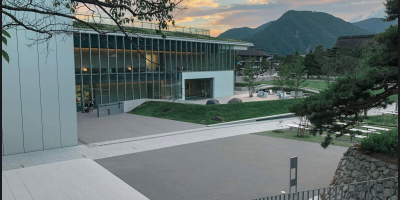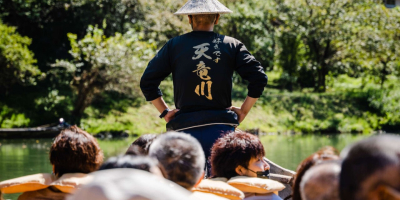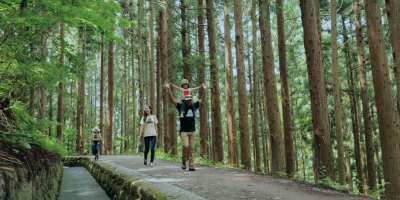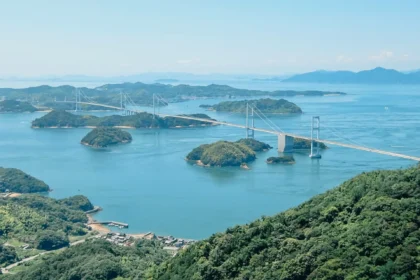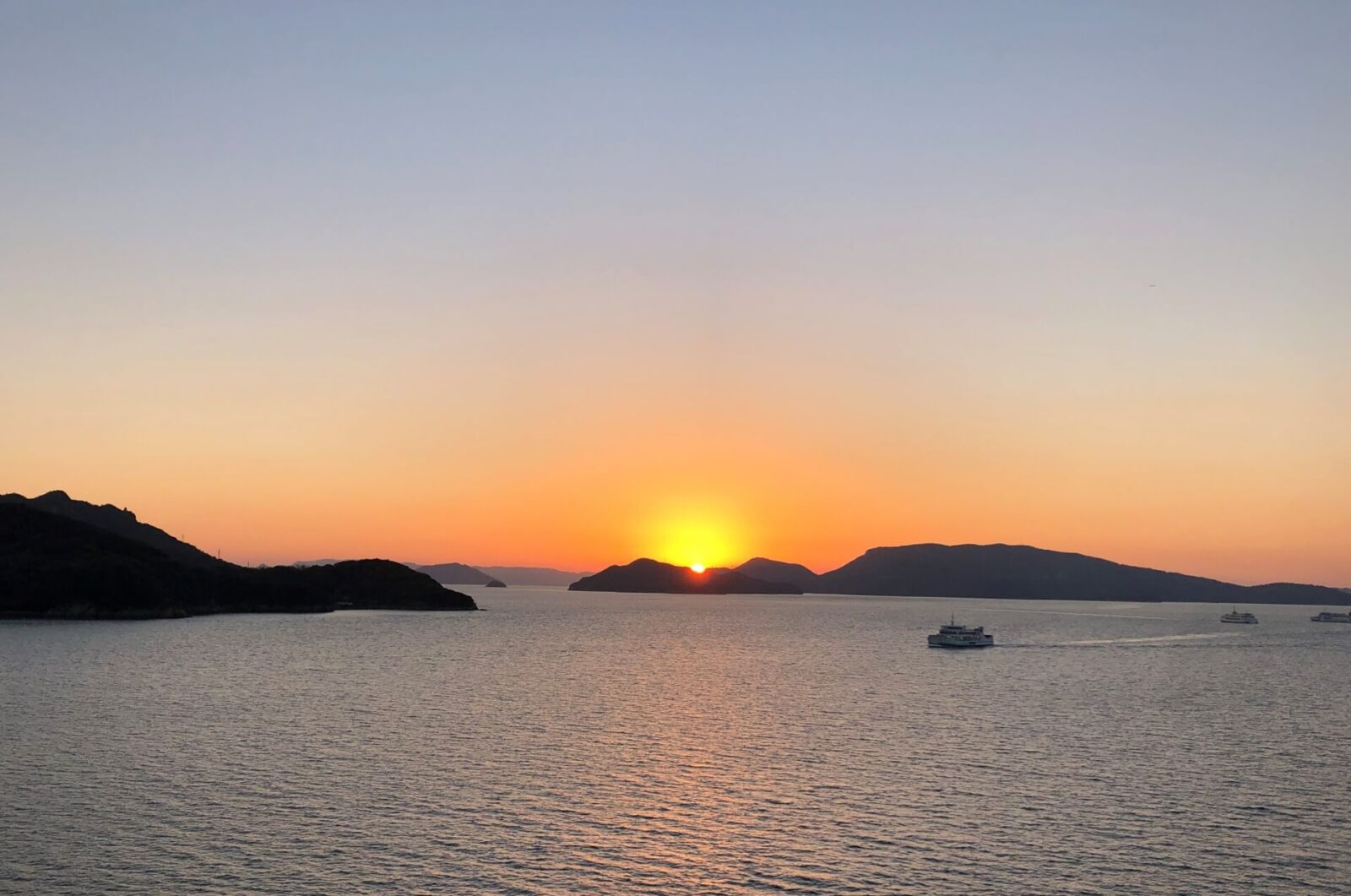
Separated from Japan’s main island of Honshu by the Seto Inland Sea, Shikoku offers some of Japan’s best travel experiences and lots of good accommodation in its cities, along the coast and dotted throughout its inland valleys and nearby its beautiful rivers. On this page you will find the following information:
-- Recommended Places to Stay in Shikoku
-- 30 Things to Do Around Shikoku
-- Getting To & Around Shikoku
Though Shikoku is the smallest of Japan’s four main islands, it is still a large area meaning that choosing where to stay will have a big impact on what you can do and where you can visit while there. As shown on the map below, four prefecture - Kagawa, Tokushima, Kochi and Ehime - make-up the island of Shikoku. Located in Ehime, Matsuyama is the largest city on the island with Takamtasu, Tokshima and Kochi being the largest cities in their respective prefectures.
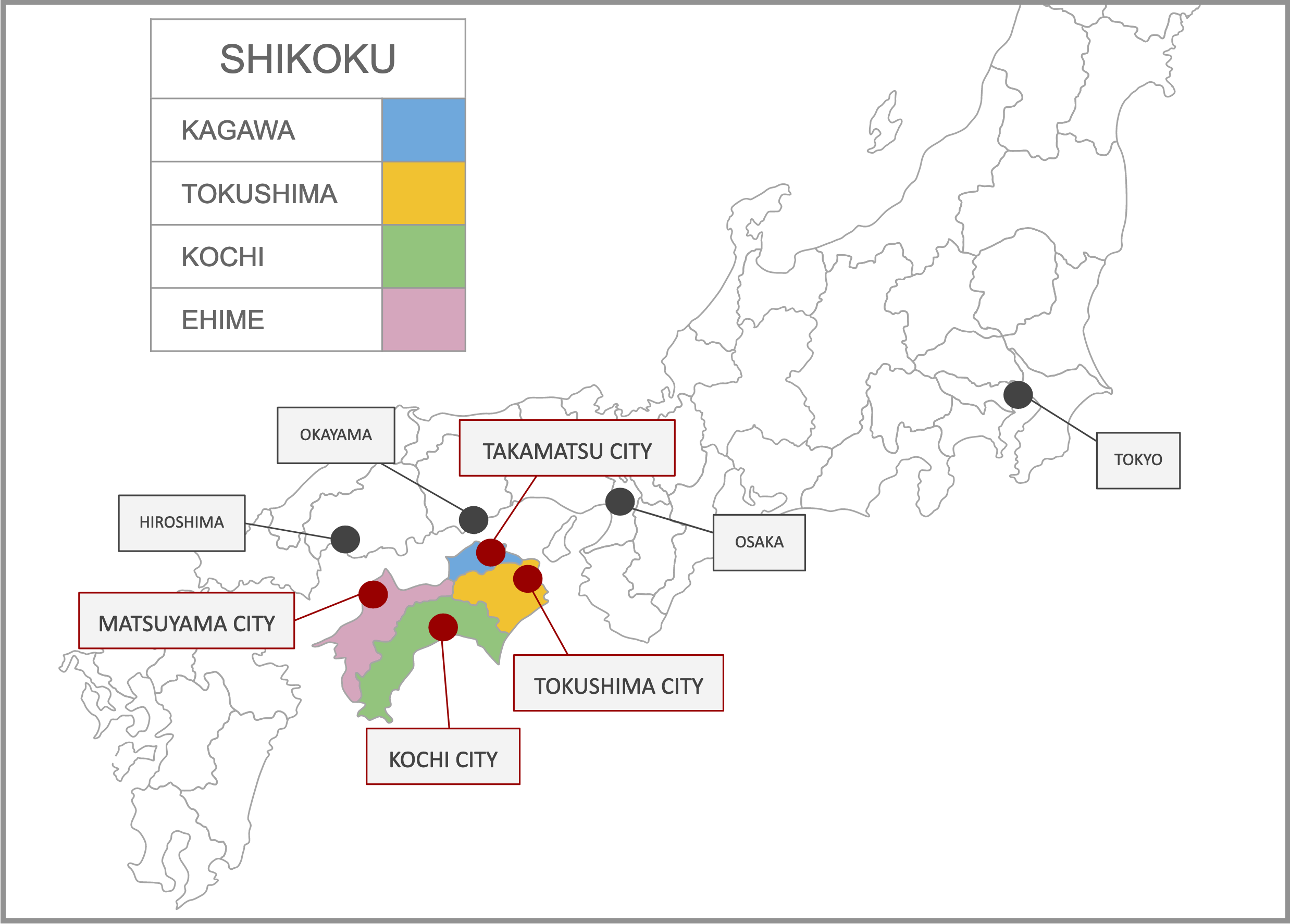
You'll find plenty of accommodation in each of those four cities along with smaller towns spread across the island, and of course along the coast and inland areas such as the Iya Valley and Shimanto River. The information on this page is intended for international visitors looking to visit Shikoku and should be used in conjunction with our ’30 Things to Do Around Shikoku’ page, as referenced below.
RECOMMENDED PLACES TO STAY IN SHIKOKU
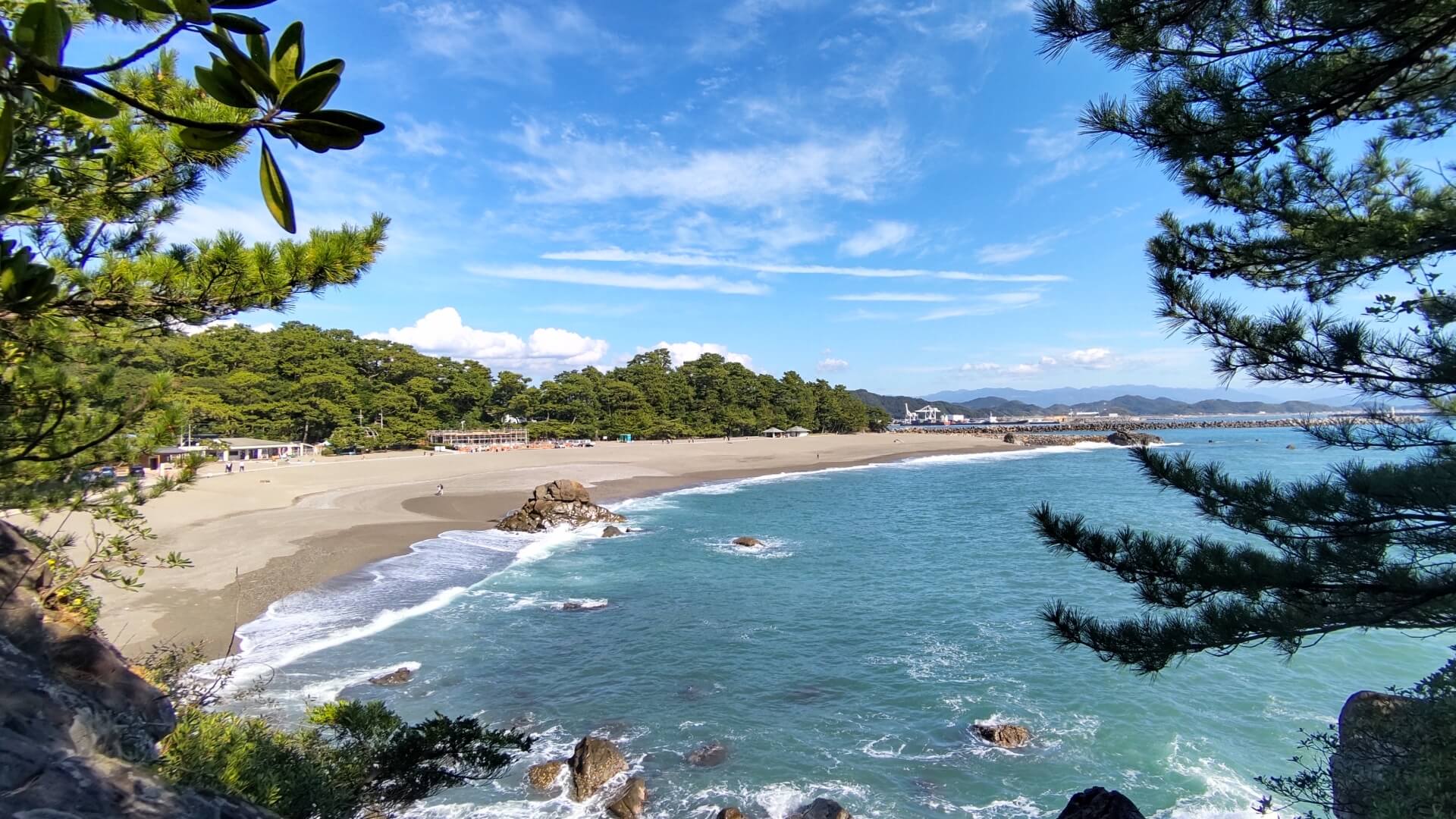
Shikoku is a large island with accommodation mostly located in its larger cities of Matsuyama, Takamatsu, Tokushima and Kochi along with the popular art islands of the Seto Inland Sea and Pacific Coast. On this page we provide information about accommodation in the following areas:
TAKAMATSU CITY / NAOSHIMA / TESHIMA / SHODOSHIMA / TOKUSHIMA CITY / IYA VALLEY / KOCHI CITY / KOCHI SURF COAST / SHIMANTO RIVER / CAPE ASHIZURI / UWAJIMA / OZU / MATSUYAMA CITY / DOGO ONSEN
These areas don’t account for all accommodation across the island but they comprise the most popular and convenient places to stay when visiting Shikoku. In the cities, you’ll find the usual array of options including plenty of mid-size to large Western-style hotels, while regional areas offer more in the way of guesthouses, often family-run, in beautiful coastal and inland locations. As most international visitors travel to Shikoku by train, and that often involves moving to and from Takamatsu City, let’s begin there:
TAKAMATSU CITY AREA
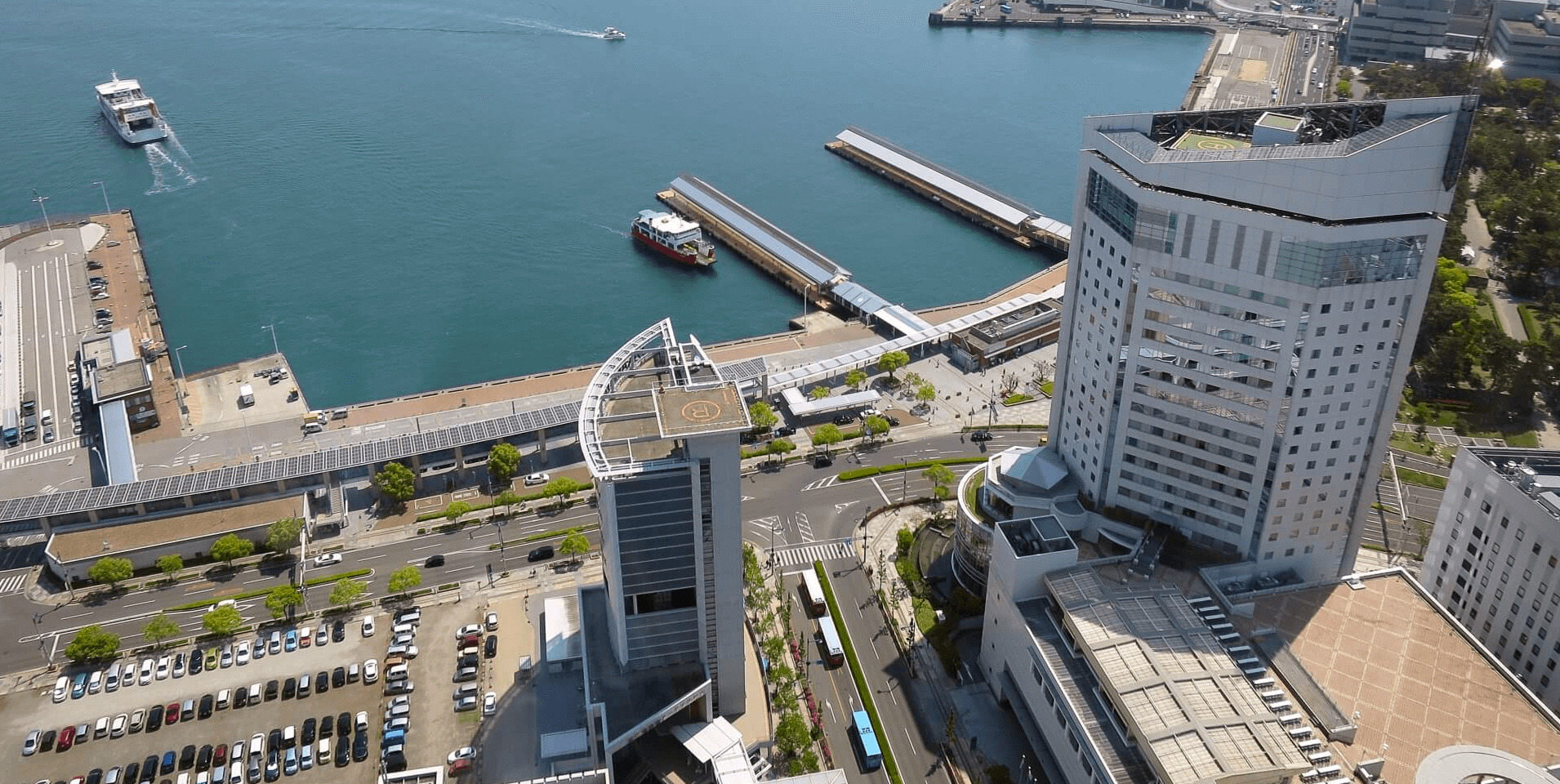
Located on Shikoku’s north-east coast, Takamatsu is an important port city accessible by both train and car from Honshu via the Great Seto Bridge. Ferry services also operate to and from Takamatsu to Honshu and other locations including the popular art islands of Naoshima, Terashima and Shodoshima. As such, for many visitors Takamatsu will be there point of entry and/or exit from Shikoku. Should you need to stay there overnight, Takamatsu offers plenty of accommodation located around Takamatsu Station, Kawaramachi Station and the port area. Options include mid-size to large Western-style hotels including business hotels, self-contained accommodation and smaller guesthouses. For more information including accommodation listings, see our ‘Takamatsu City Area’ hotel page.
NAOSHIMA AREA
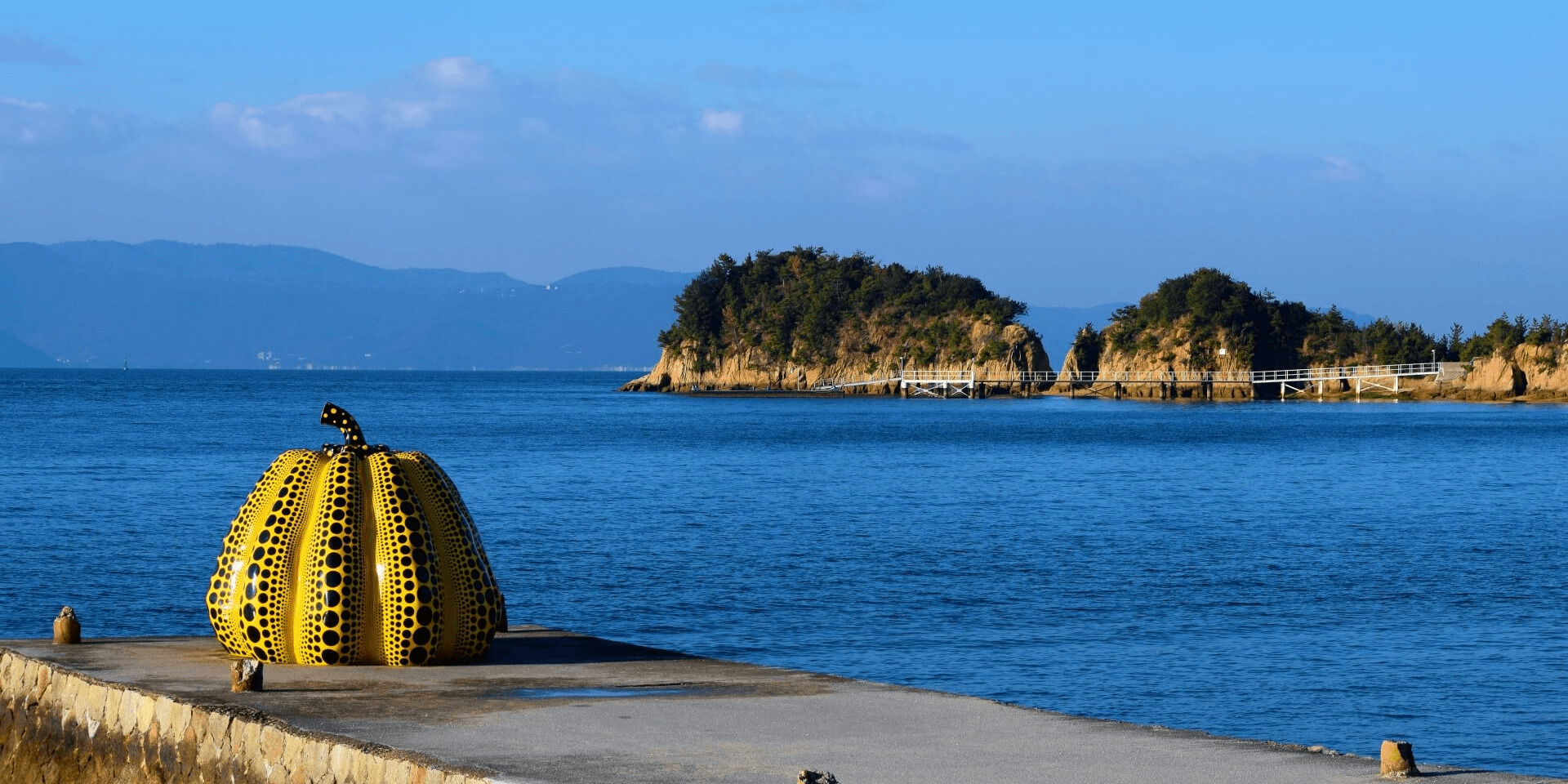
Naoshima is the best-known of the many ‘art islands’ of the Setouchi Triennale. Accessible from both Shikoku and Honshu by ferry, Naoshima attracts lots of visitors each summer with July to September being peak season. Most accommodation on the island comes in the form of small guesthouses, with prices high during summer and especially so in August. If you’d like to stay on Naoshima, make sure to book well in advance, remembering that it can also be visited as a day-trip using ferry services from both Shikoku and Honshu. For more information including accommodation listings, see our ‘Naoshima Area’ hotel page.
TESHIMA AREA
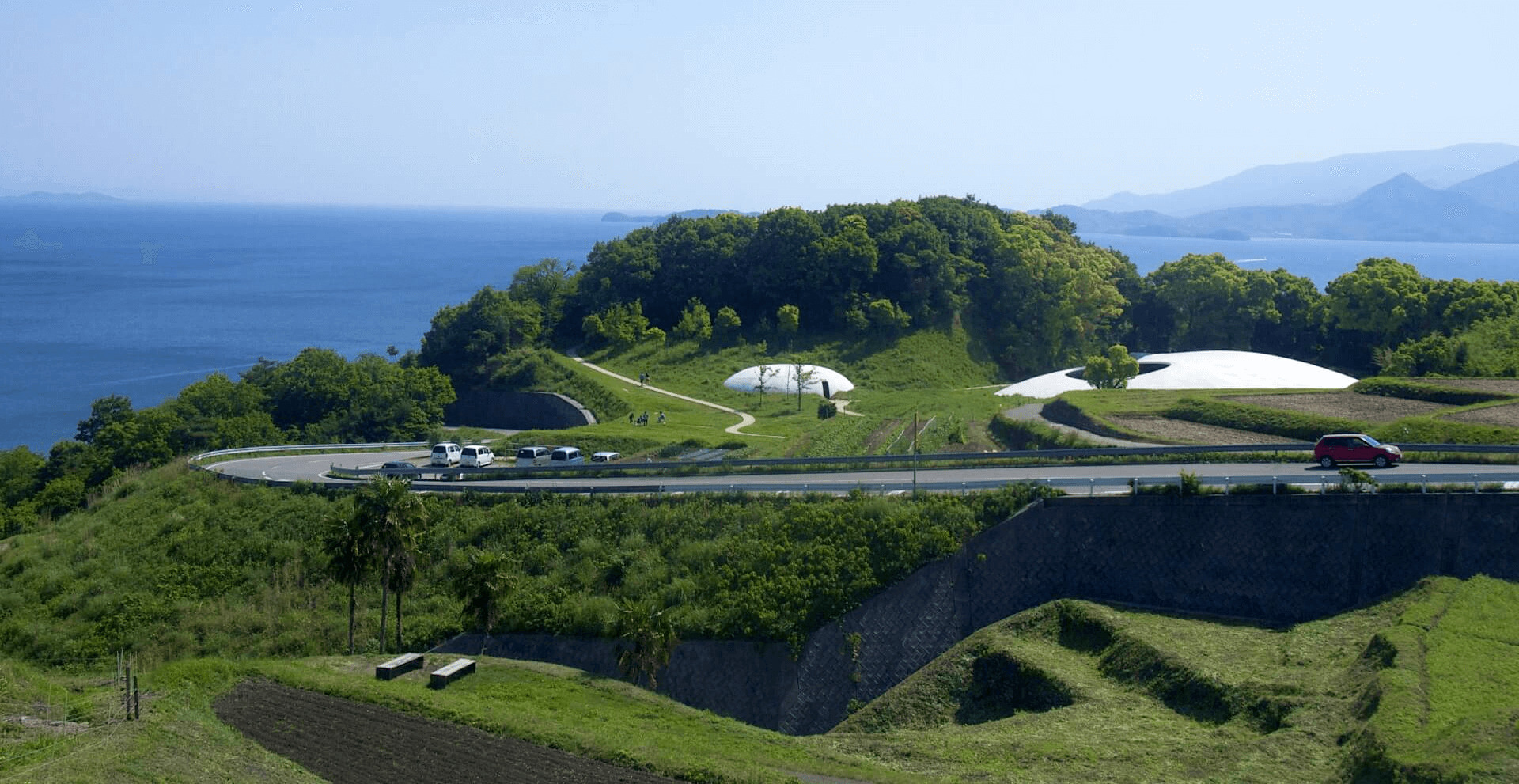
Teshima lies to the east of Naoshima in the Seto Inland Sea; another art island of the area’s popular arts festival. The island offers limited accommodation and can be enjoyed as a day-trip however should you wish to stay, there a couple of nice guesthouses to choose from noting that prices can be very high, especially so during summer. Make sure to book ahead or else don’t hesitate to visit Teshima as a day-trip using ferry services to and from the islands. For more information including accommodation listings, see our ‘Teshima Area’ hotel page.
SHODOSHIMA AREA
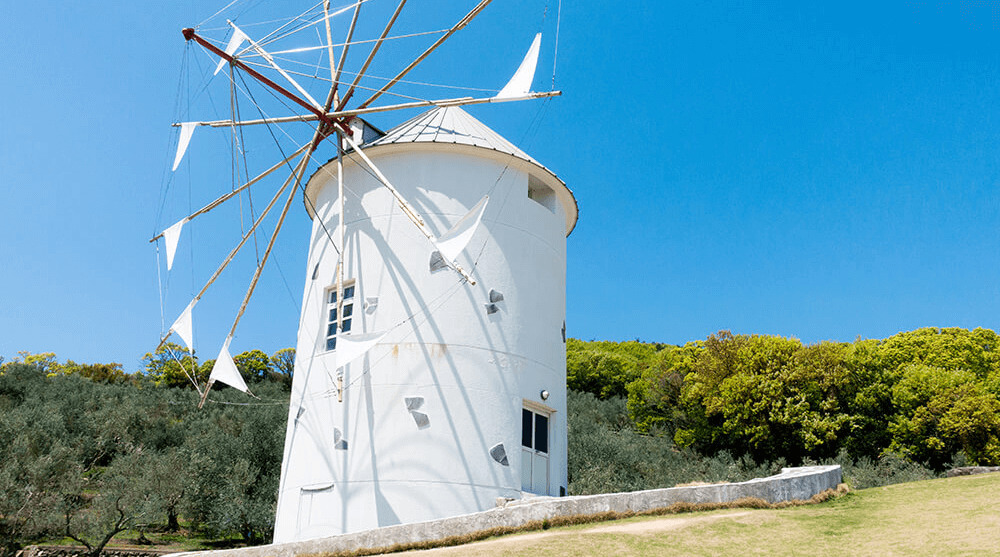
Another of the popular Setouchi art islands, Shodoshima is notably larger than Naoshima and Terashima, offering lots in the way of accommodation. Hotels and guesthouses are mostly located along the island’s southern coast, ranging from basic guesthouses to large hotels. Prices vary greatly with the summer months of July to September and especially August being peak season – at which time accommodation can be expensive. Quite large in size and offering plenty to see and do, Shodoshima is best-explored by renting a car and driving yourself. For more information including accommodation listings, see our ‘Shodoshima Area’ hotel page.
TOKUSHIMA CITY AREA
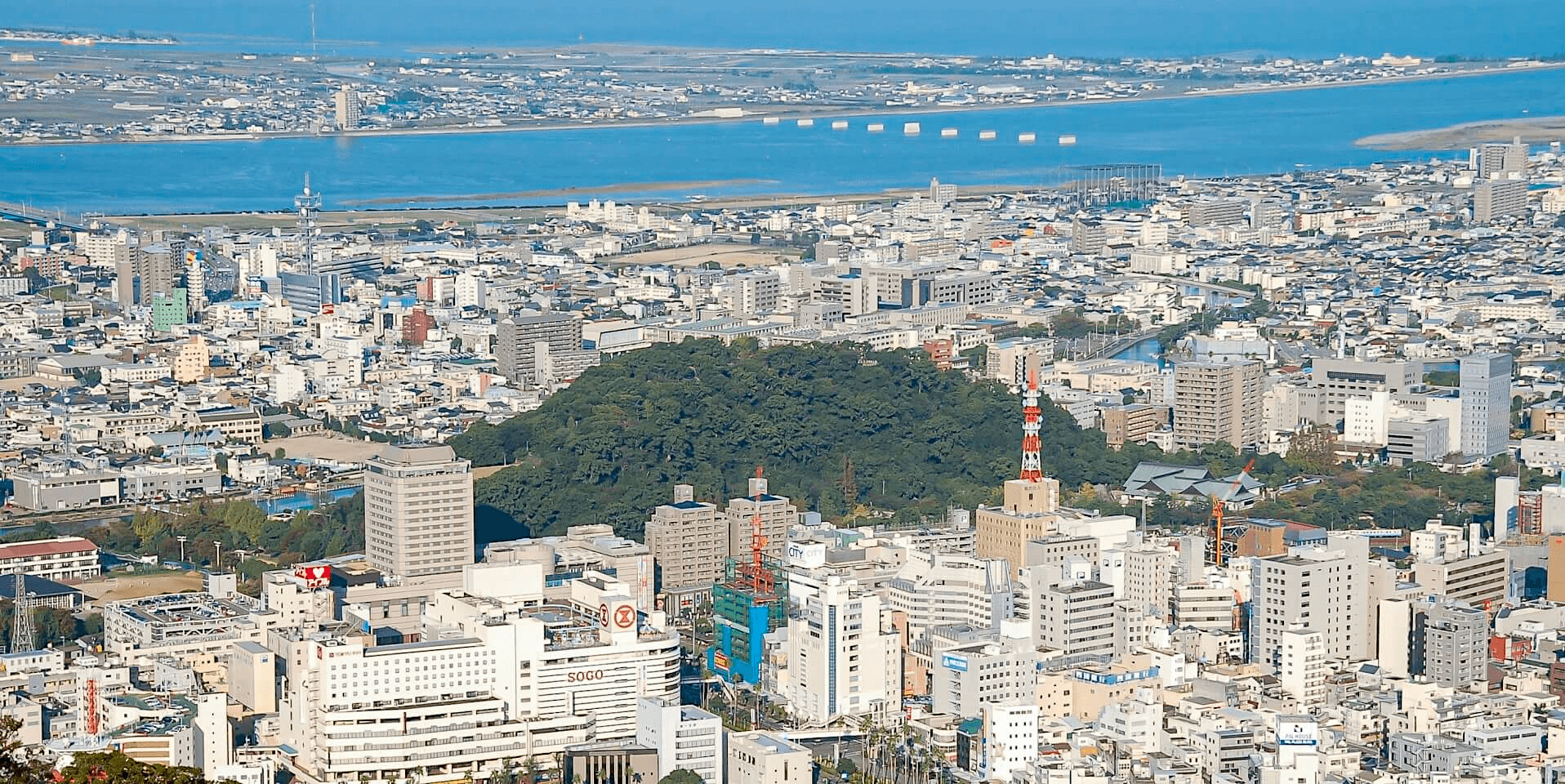
Tokushima City is the largest city in Tokushima Prefecture and a major access point to Shikoku, thanks to the Onaruto Bridge which connects the island to Japan’s main island of Honshu, via Awajima and the Akashi-Kaikyo Bridge. The city is best-known for its annual ‘Awa Odori’ held each August – the largest and most famous dance festival in Japan. Other than the festival, Tokushima doesn’t offer many reasons to stay and explore, but given its position as an access point to the island there are plenty of mid-size to large hotels, including economical business hotels, located around Tokushima Station. If you are heading to Tokushima to enjoy the festival, make sure to book your accommodation well in advance. For more information including accommodation listings, see our ‘Tokushima City Area’ hotel page.
IYA VALLEY AREA
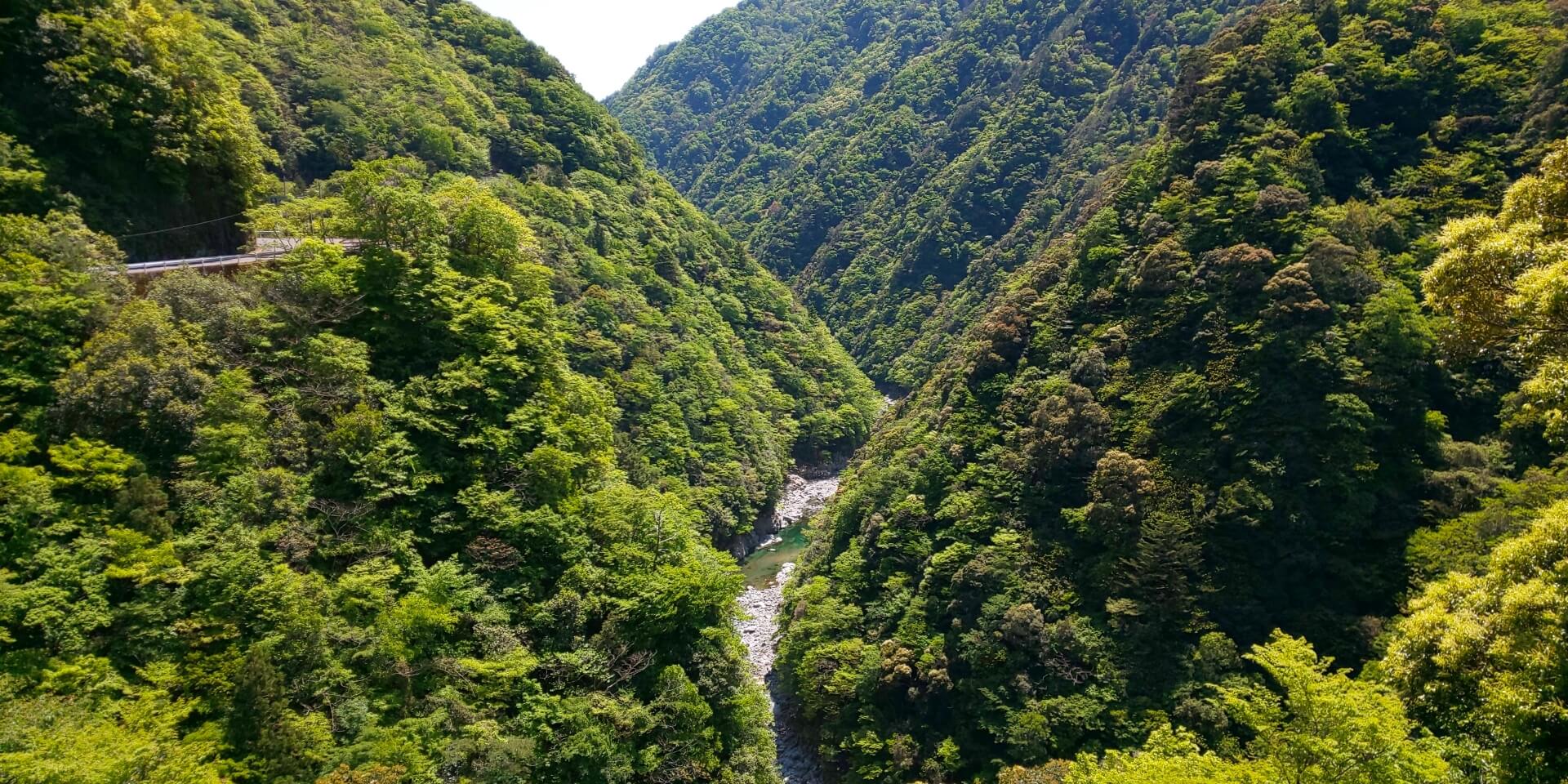
Iya Valley is a secluded inland area of Tokushima Prefecture, known of its beautiful river valleys, vine bridges, deep forests and lost hamlets. Of primary interest in the Iya Valley, ‘Chiiori’ is a 300-year old farmhouse converted into high-end accommodation that attracts guests from all over the world. Other excellent accommodation in the area includes Hotel Kazurabashi and Tougenkyo Iya-no-Yamazato. For more information including accommodation listings, see our ‘Iya Valley Area’ hotel page.
KOCHI CITY AREA
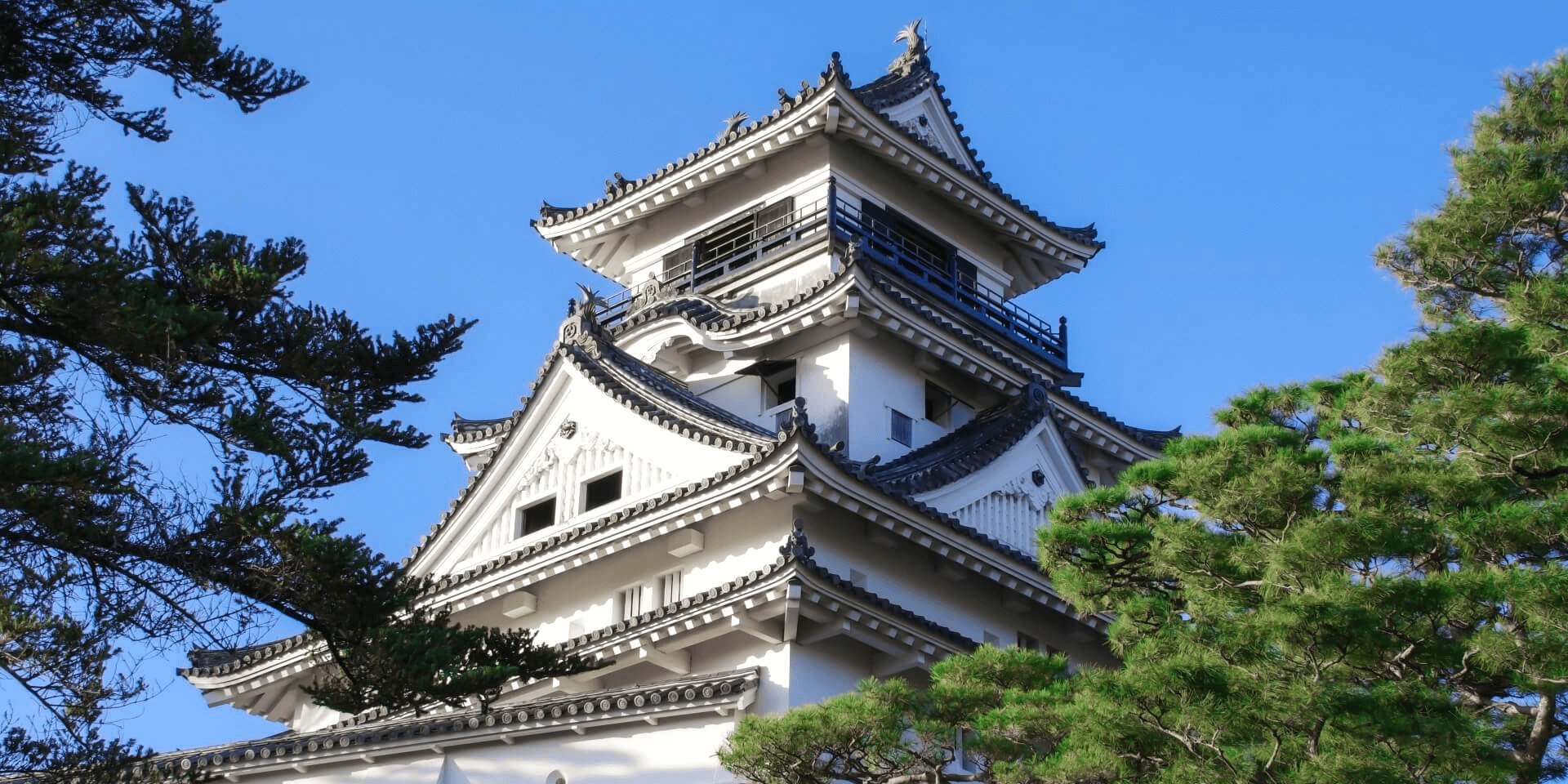
Visitors heading to Kochi Prefecture will find the most accommodation in Kochi City. There’s a good range hotels and guesthouses, many of which are mid-sized business hotels offering Western rooms and amenities. Most accommodation is located between Kochi Station and the Kagami River to the south. Kochi City doesn’t have a lot in the way of attractions however it’s a convenient place to stay when exploring the Pacific Coast of Shikoku. For more information including accommodation listings, see our ‘Kochi City Area’ hotel page.
KOCHI SURF COAST AREA
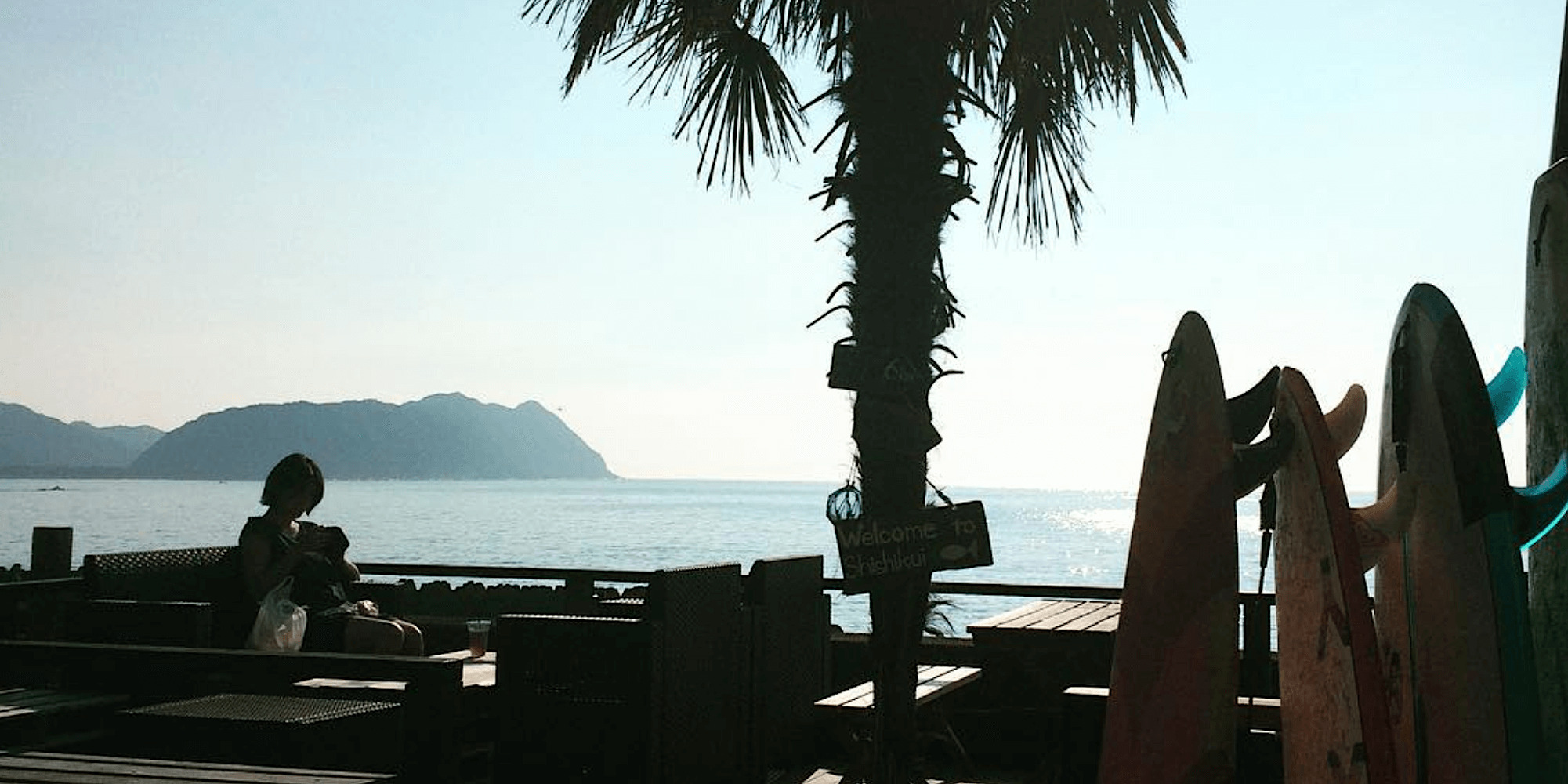
The Pacific coast of Kochi Prefecture is regarded as Japan’s premier surf destination, with conditions at their best during typhoon season from June to November. Whether you or not you surf, driving along the coast is a lovely experience and one that can be easily with exploration of the Shimanto River area when renting a car. Accommodation on the surf coast is mostly limited to basic guesthouses targeting surfers and beach lovers, meaning you’ll find some reasonably-priced accommodation dotted along beaches or in the hinterland. For more information including accommodation listings, see our ‘Kochi Surf Coast Area’ hotel page.
SHIMANTO RIVER AREA
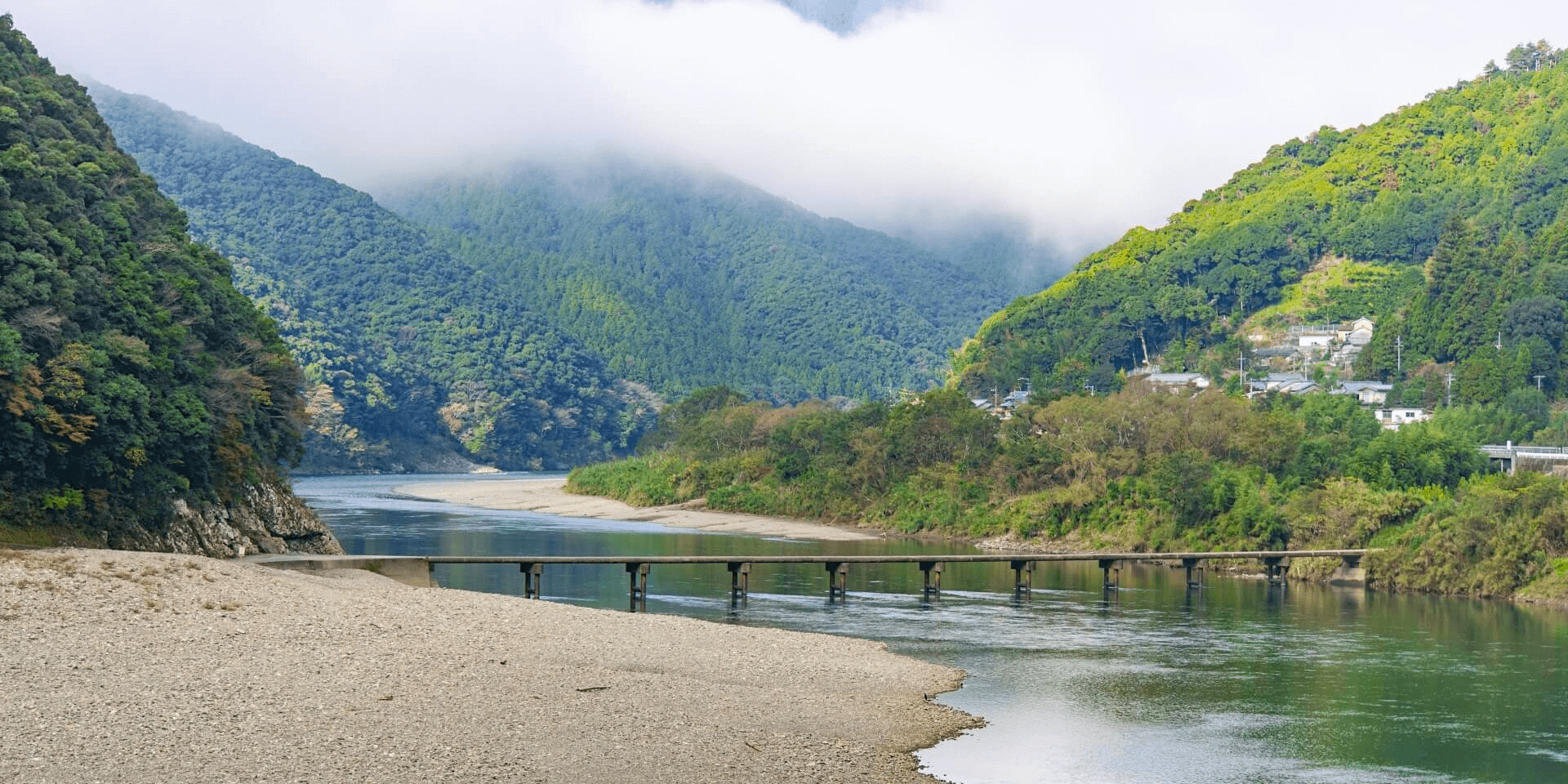
The Shimanto River is regarded as one of Japan’s most pristine and beautiful rivers. The river and its tributaries feed abundant farmlands and thick forest with quaint villages dotted through the landscape. The overall affect is truly beautiful and can honestly be said to be one of Japan’s most beautiful yet undiscovered landscapes. There is limited accommodation in the area, with a couple of hotels in the small Shimanto City along with the highly-rated Shimanto Riverside Hideaway located around 13km / 20 minutes drive up the river. For more information including accommodation listings, see our ‘Shimanto River Area’ hotel page.
CAPE ASHIZURI AREA
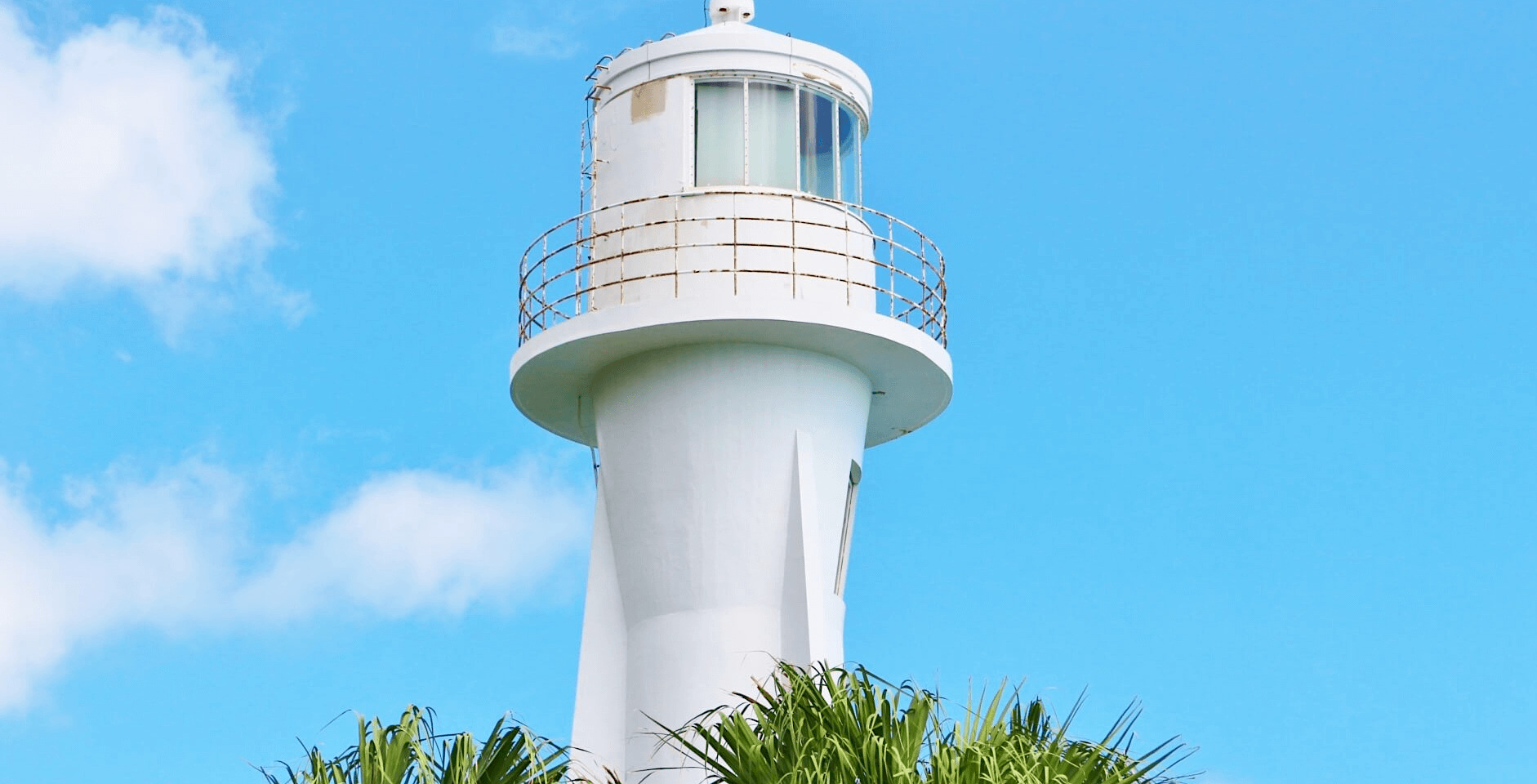
Cape Ashizuri is the southern-most point on Shikoku and the end of the Kochi surf coast. While there are just a couple of accommodation options in the immediate vicinity of the cape, those that are there are quite good with The Mana Village overlooking the ocean and offering both Japanese, Western and mixed-style rooms along with a hot spring. Another seaside option, Dot Glamping also offers a comfortable stay with great views of the ocean below. For more information including accommodation listings, see our ‘Cape Azhisuri Area’ hotel page.
UWAJIMA AREA
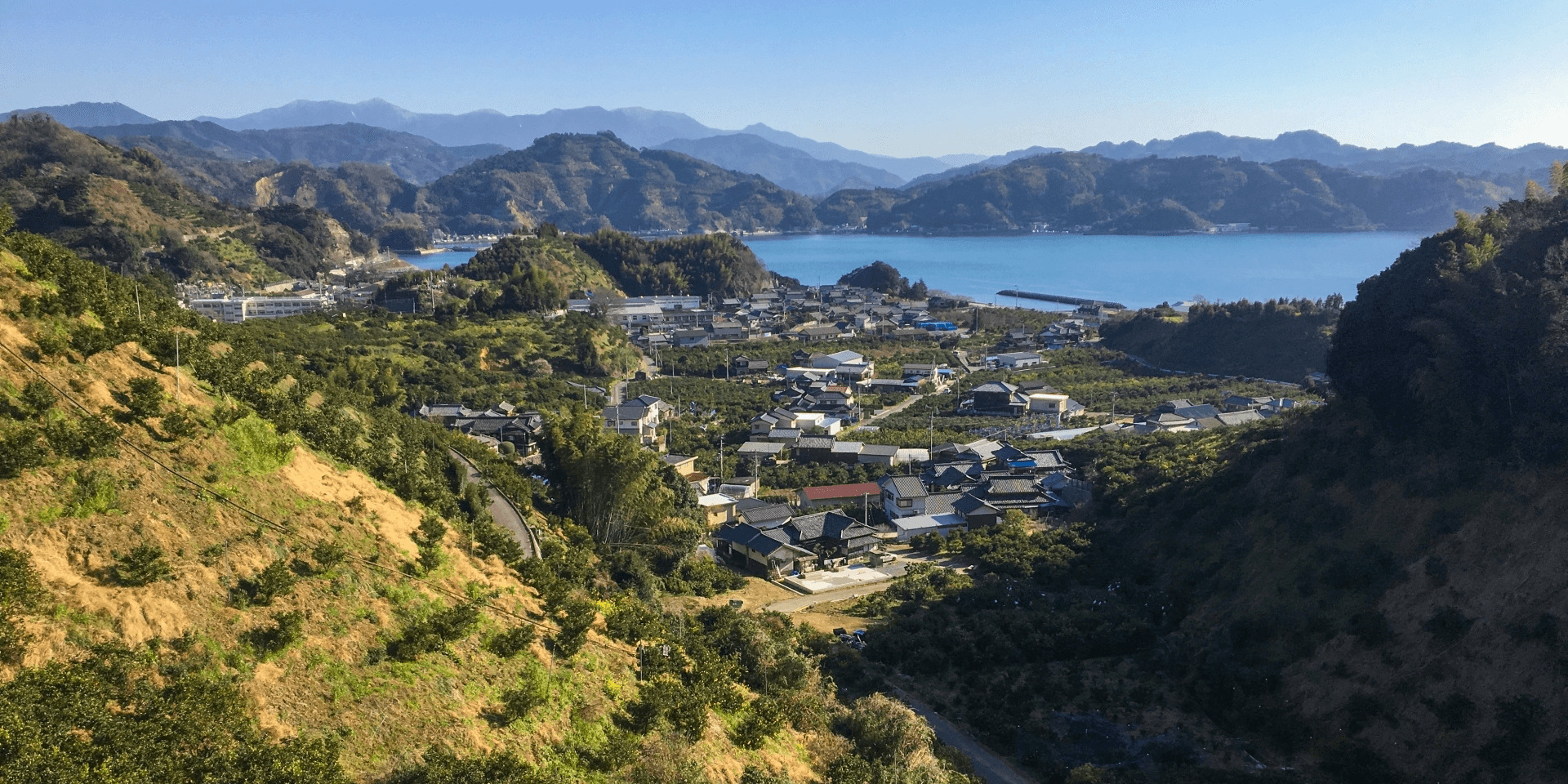
Uwajima is a small city on the western coast of Shikoku, best-known for its castle and traditional bull-fighting. There are few accommodation options in city with a couple of large hotels located around Uwajima Station. The hotels offer Western-style rooms and amenities that should be suitable for most visitors. There are no high-end options. For more information including accommodation listings, see our ‘Uwajima Area’ hotel page.
OZU AREA
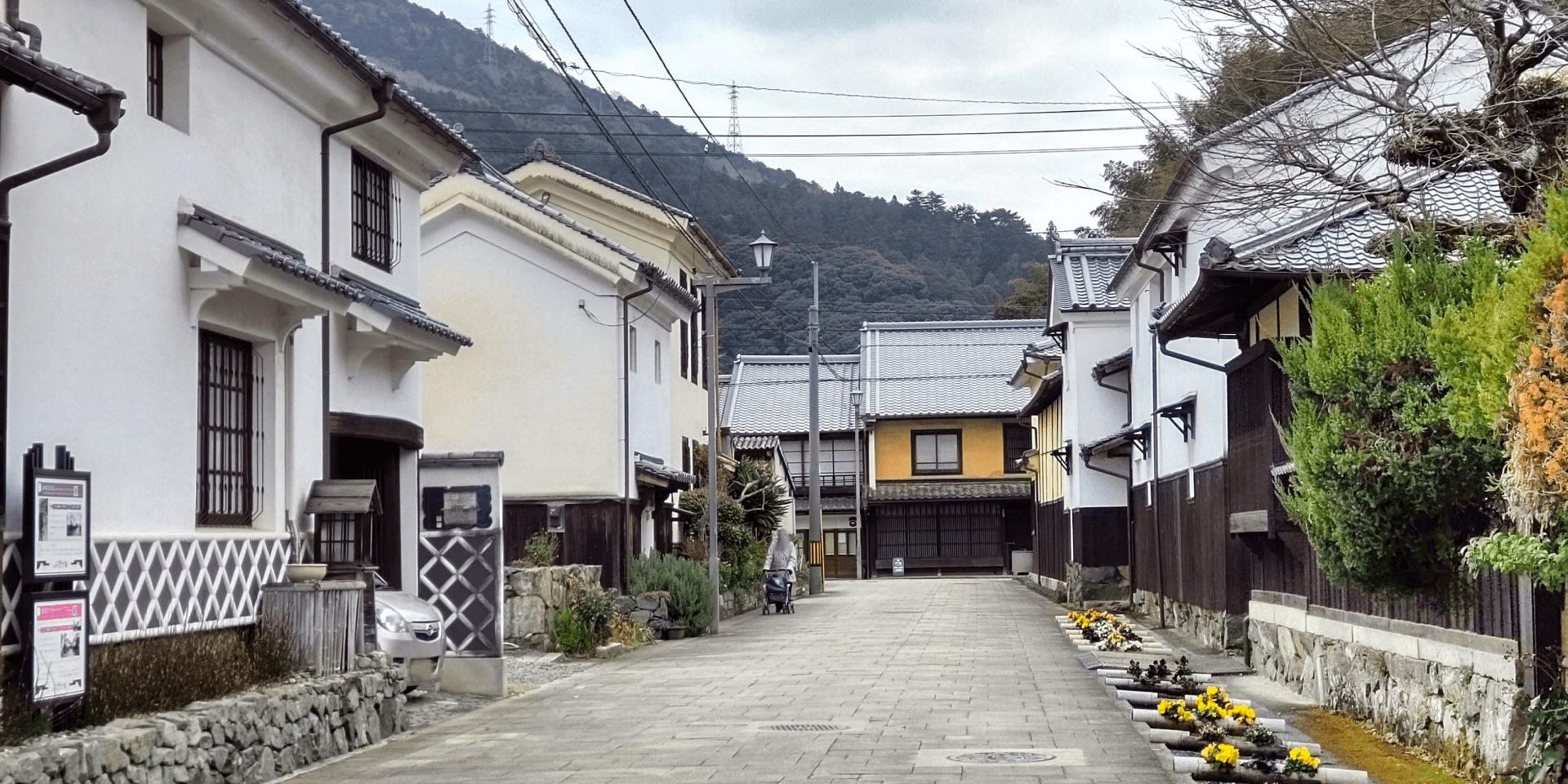
Ozu is another small castle town located between Uwajima and Matsuyama – around 45 to 85 minutes by train from Uwajiama Station or35 to 95 minutes from JR Matsuyama Station (depending on which services you choose). Known of its picturesque old town, castle and beautiful Ganryu Sanso Villa, Ozu can be enjoyed as a morning, afternoon or day-trip before moving onto your next destination. If you wish to stay there, there are a couple of basic hotels / guesthouses within a couple of minutes walk of Iyo-Ozu Station. Around 5 minutes drive from the station, over the Hijikawa River, you’ll also find the high-end Nipponia Hotel. Located nearby both the castle and Garyu Sanso – with some rooms looking directly onto the castle – it is without question, the most appealing accommodation in the area. For more information including accommodation listings, see our ‘Ozu Area’ hotel page.
MATSUYAMA CITY AREA
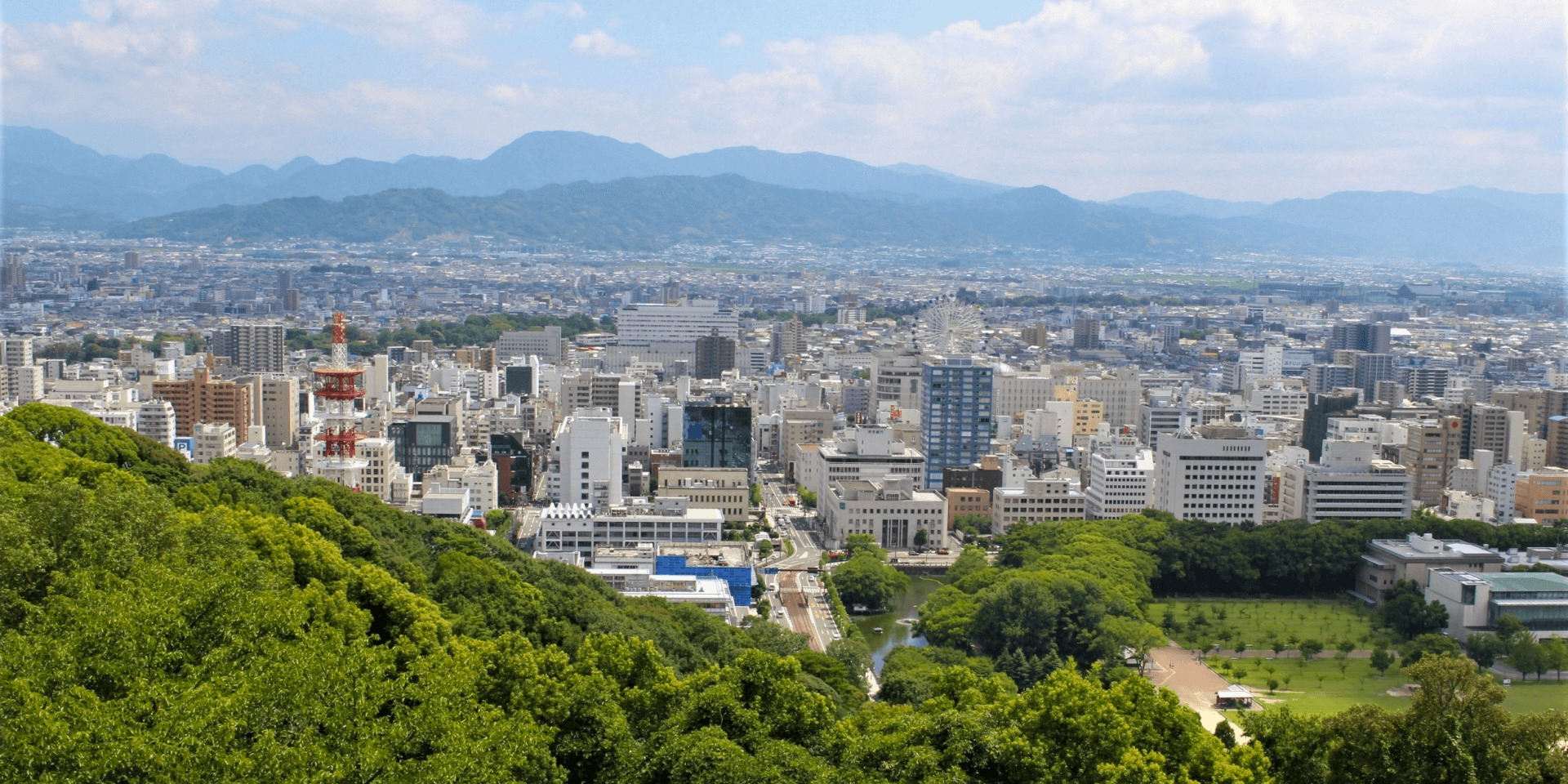
Visitors to Matsuyama City can choose between staying in the central city around JR Matsuyama Station and Shiroyama Park / Matsuyama Castle, and the historic hot spring district of Dogo Onsen – see below for details. Most accommodation in city is located around the station and on the southern-side of the park and castle around Okaido Station. There’s a good range of Western-style hotels to choose from, with most offering Western amenities and convenient access to the castle. For more information including accommodation listings, see our ‘Matsuyama City Area’ hotel page.
DOGO ONSEN AREA
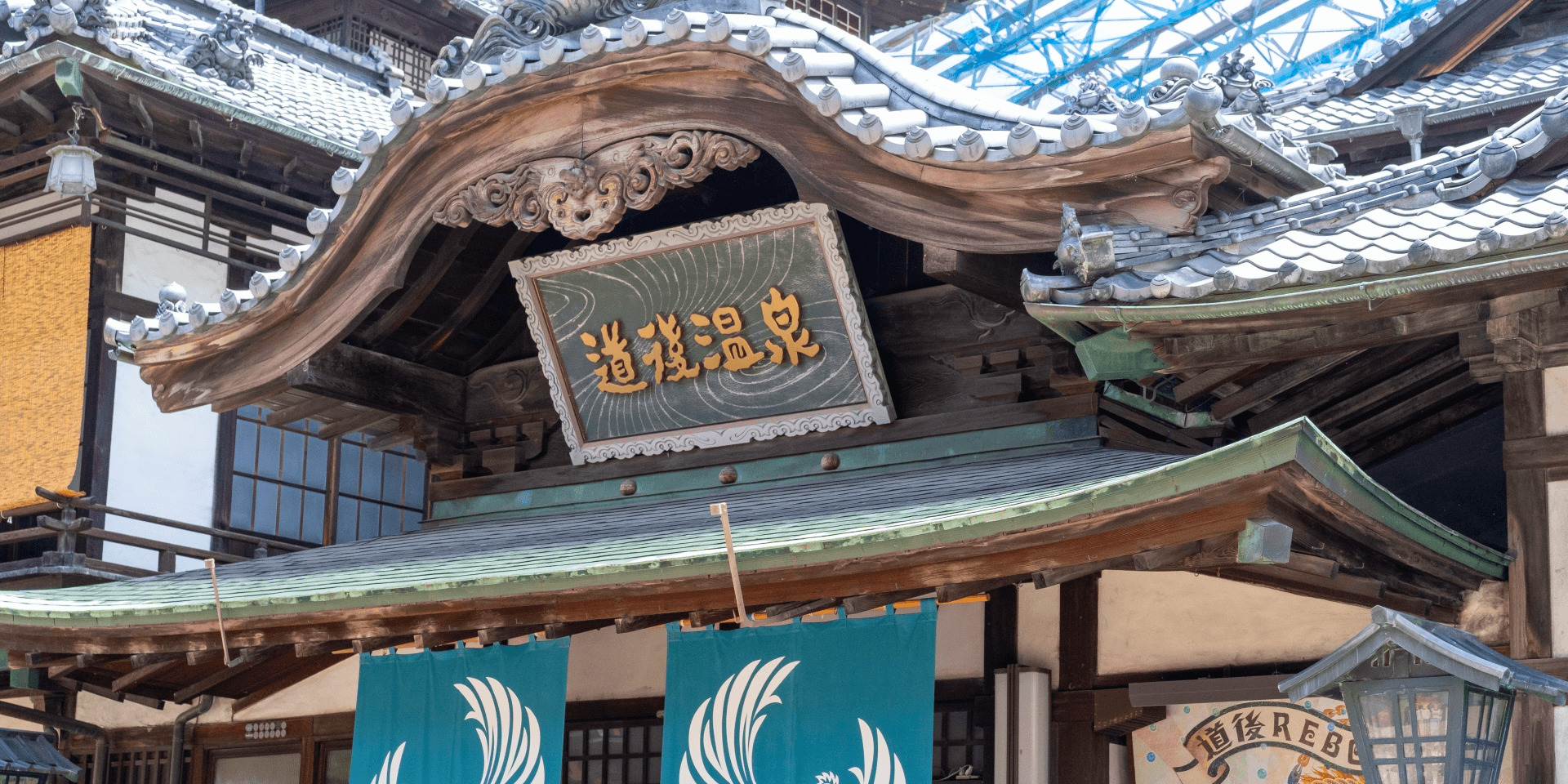
Located in the north-east of Matsuyama City, Dogo Onsen is one of Japan’s oldest and most famous hot spring districts. As such, there’s plenty of accommodation to choose from including traditional ‘onsen’ (hot spring) guesthouses. Accommodation ranges from high-end to mid-range and budget options, including large hotels and more intimate guesthouses. As hot spring area, some hotels offer only Japanese-style rooms with on-floor ‘futon’ bedding and shared bathing and toilet facilities, so if that is something you want to avoid, make sure to check the room features of your chosen hotel prior to booking. Dogo Onsen is around 20 minutes from JR Matsumoto Station using Tram No.5. For more information including accommodation listings, see our ‘Dogo Onsen Area’ hotel page.
30 THINGS TO DO AROUND SHIKOKU
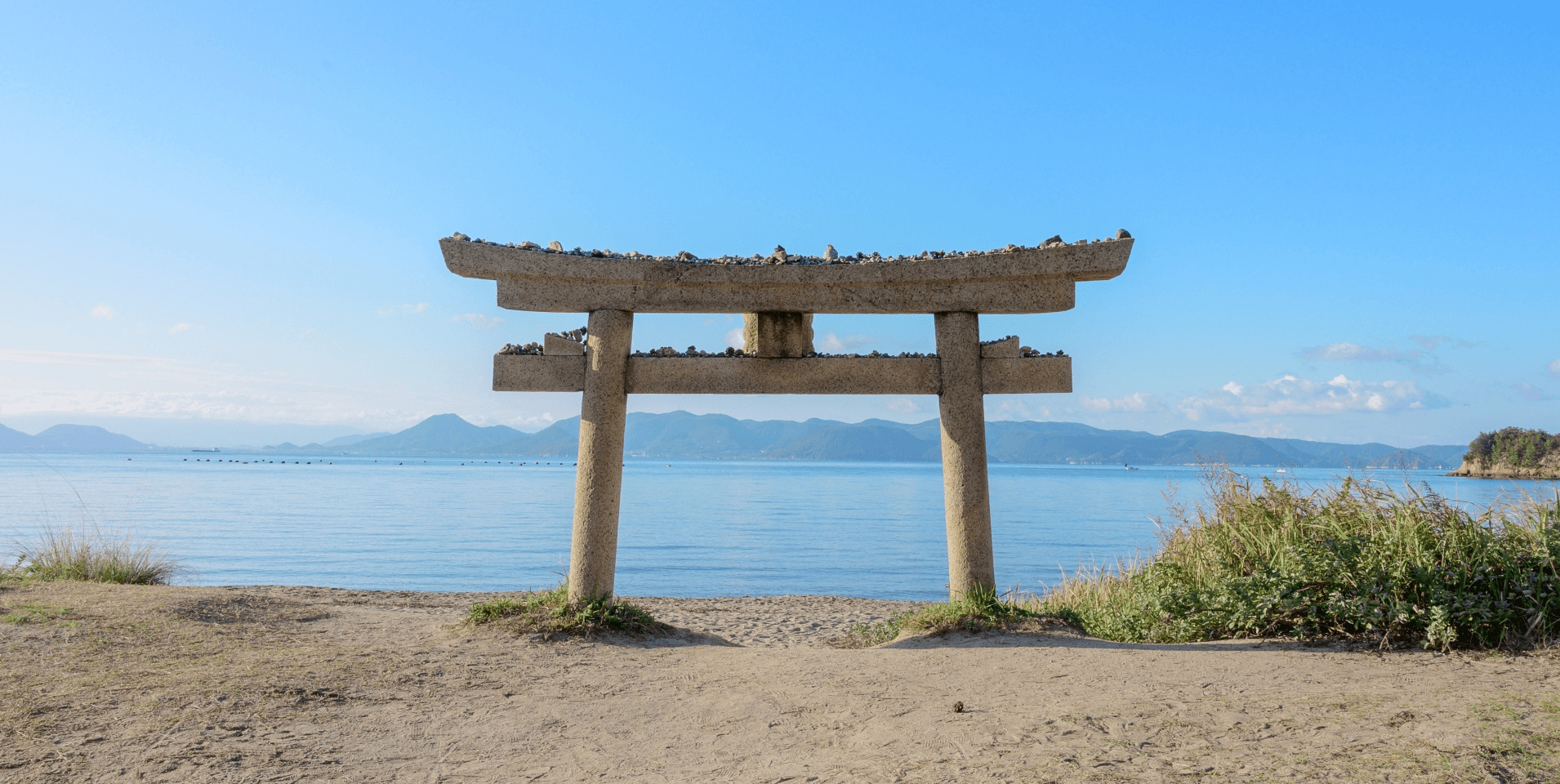
The smallest of Japan’s four main islands, Shikoku is - for international visitors - also the least visited region of the country for. Those who do make the journey discover an island blessed with outstanding natural landscapes including the islands and coastline of the Seto Inland Sea, surfing, great fishing and seafood, secluded river valleys, lost villages, and of course the ‘Shikoku Henro’ - an 88 temple pilgrimage trail that draws visitors from all over the world. For more information about just what’s on offer, see our ‘30 Things to Do Around Shikoku & Where to Stay’ page.
GETTING TO & AROUND SHIKOKU
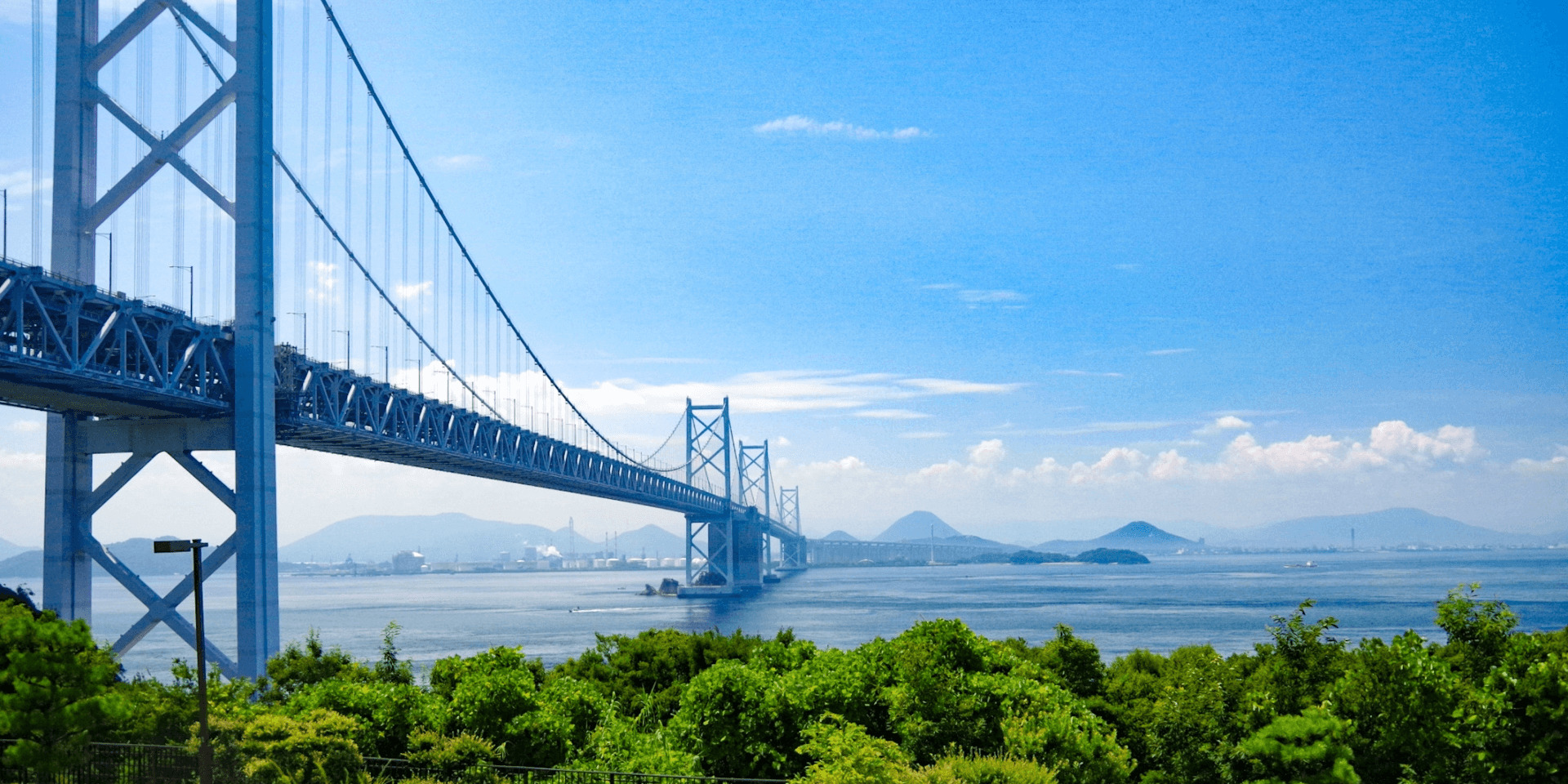
Visitors to Shikoku can make the journey to the island by rail, road, ferry or flight – in short, there’s no shortage of options. Once there, train lines run to many of Shikoku’s most popular destinations however, the network isn’t as extensive as other regions of Japan making the option of renting a car and driving yourself attractive. Our ‘Getting To & Around Shikoku’ page has everything you need to know to plan your visit to the island and how to move around once there.
PLAN YOUR VISIT TO JAPAN
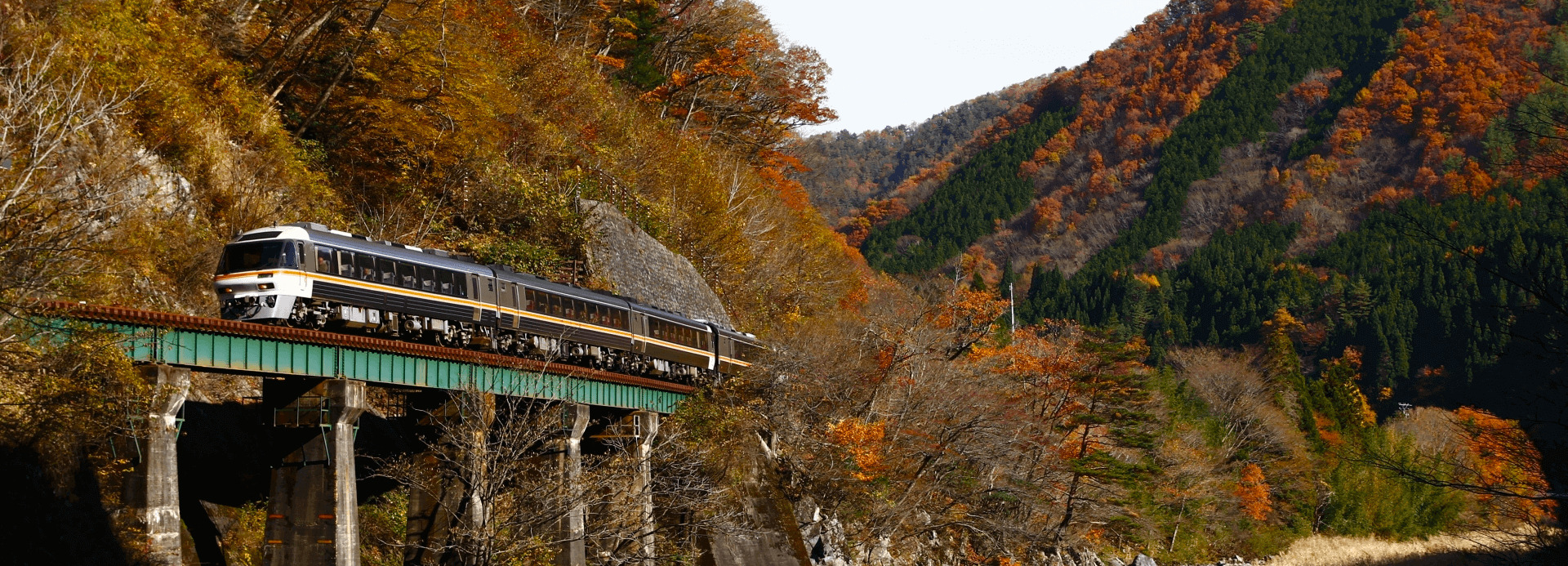

Heading to Shikoku using the rail system is quick, easy and comfortable. Unfathomable in its size and efficiency, moving around the country by train opens-up all regions of Japan for exploration. Our ‘Plan Your Visit’ page has everything you need to know about visiting Japan – from tips on the best time to travel, times to avoid, entering and exiting the country, money matters, staying connected, accommodation, staying safe and healthy and plenty more to ensure that you get the most out of your time here.



